South Central Ambulance Service publishes improvement plan
- Published
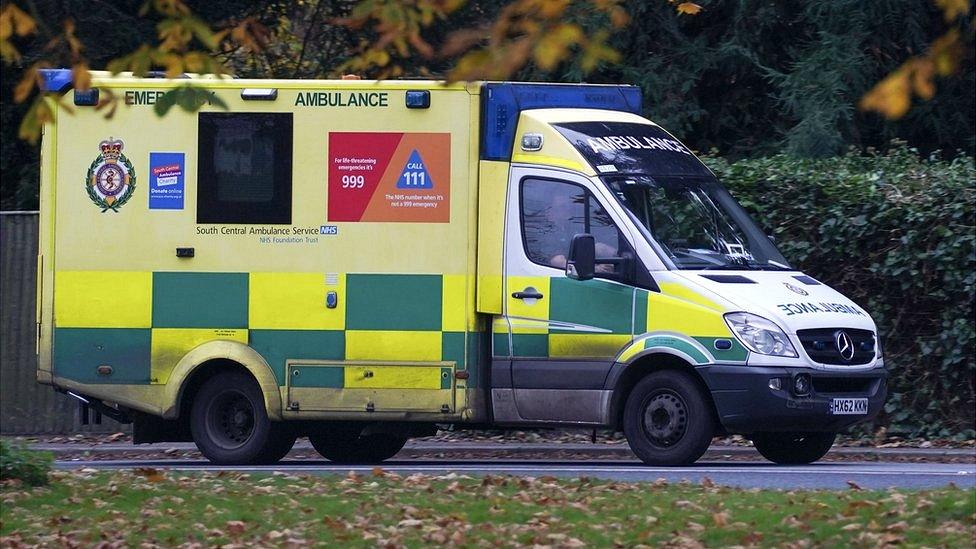
The Care Quality Commission had rated South Central Ambulance Service (SCAS) inadequate
An ambulance service has published an improvement plan after it was rated inadequate by the health watchdog.
The Care Quality Commission (CQC) published a damning report on South Central Ambulance Service (SCAS) following an inspection in April and May.
It said the crews needed more training and more regular defibrillator checks.
SCAS said the report had highlighted some "serious concerns which we must, and will, fix as a matter of urgency".
It said it took responsibility for the findings and was "working with colleagues across the trust and our partners to put things right".
The service covers Hampshire, Oxfordshire, Buckinghamshire and Berkshire.
The CQC report in August found delays had contributed to the death of an elderly patient, while ambulances with patients on board endured waits of several hours outside hospitals.
In one case a long delay in an ambulance arriving contributed to the death of a patient who had fallen and was trapped under their bed.
'Taken swift action'
However, it found that patients were treated with kindness and compassion.
SCAS said: "We have already taken swift action but we recognise there is more to do. Providing the best possible care to all our patients remains our top priority.
"We have an extensive improvement plan and we are committed to making things better. We will keep focused on putting things right until we and the CQC are confident all the concerns have been fixed."
The CQC found SCAS crew were not checking their defibrillators regularly enough to ensure the devices, which are used to treat people in cardiac arrest, were working properly.
They also found the ambulance service was struggling to find enough defibrillators in the first place because of the worldwide computer chip problem.
SCAS said it had reviewed its policies across medicines management, medical devices, safeguarding, duty of candour, infection prevention and control.
As part of its action plan, the service said it would roll out new patient safeguarding training and carry out equipment audits of all vehicles and sites, defibrillators and controlled drugs cabinets.
It said it would also be introducing secondary automated external defibrillators on all urgent and emergency frontline vehicles.

Follow BBC South on Facebook, external, Twitter, external, or Instagram, external. Send your story ideas to south.newsonline@bbc.co.uk, external.
- Published25 August 2022

- Published14 July 2022
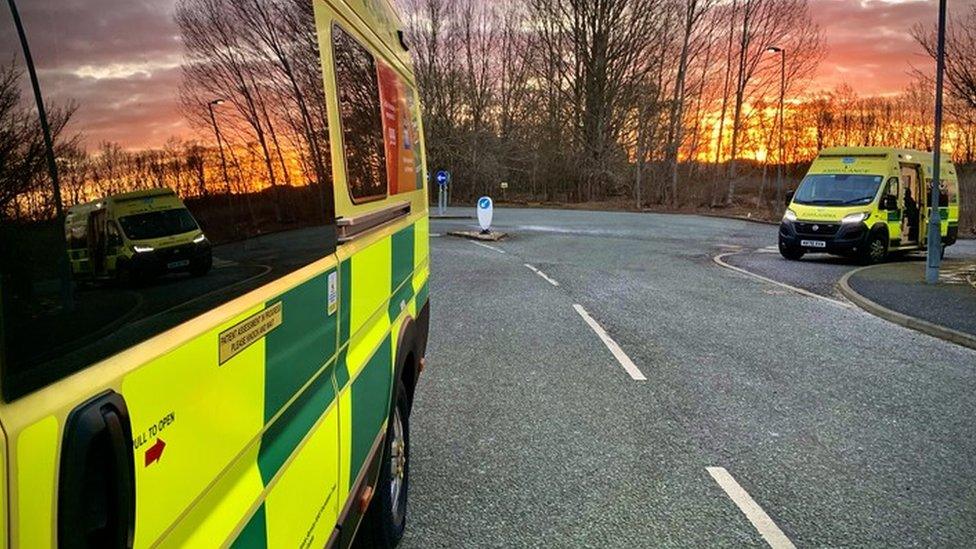
- Published11 July 2022
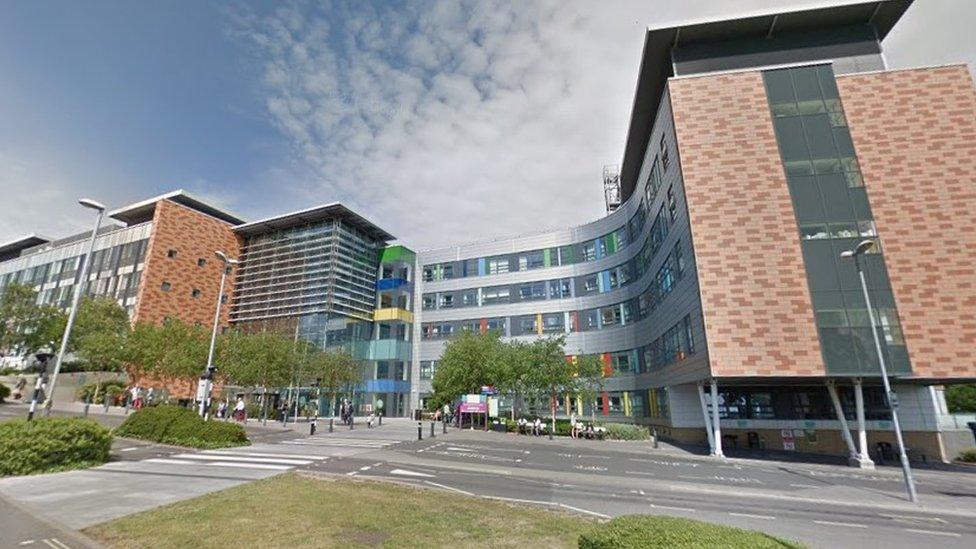
- Published2 April 2022
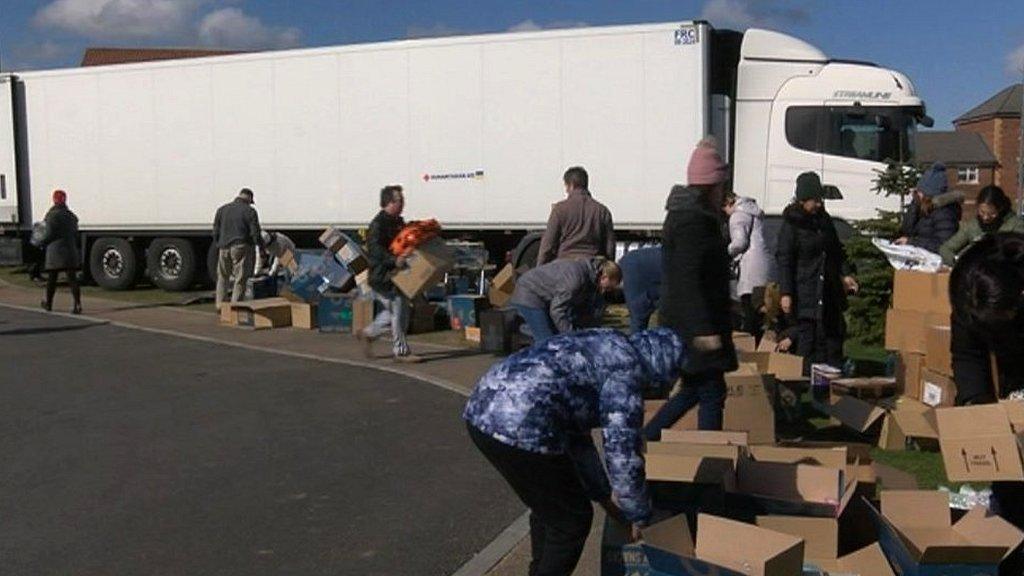
- Published11 February 2022
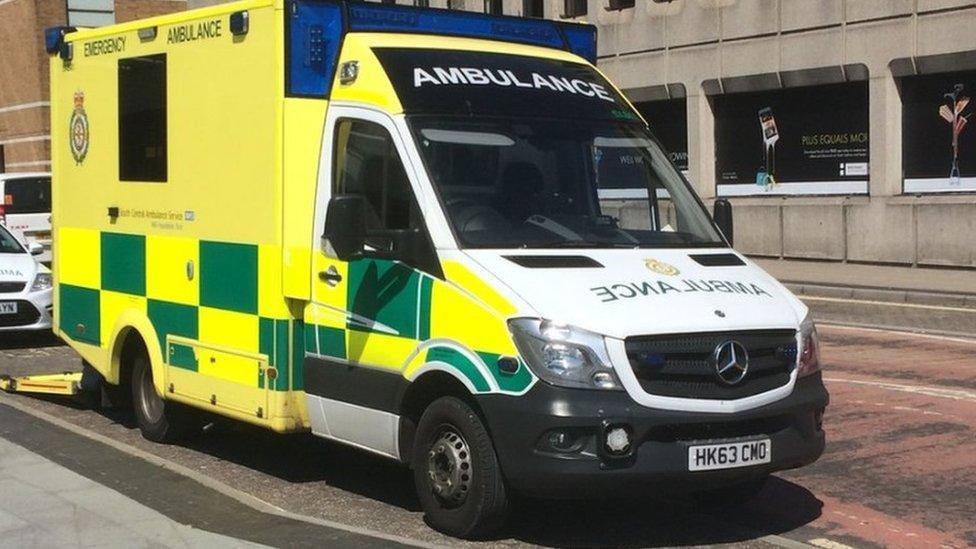
- Published7 January 2022
